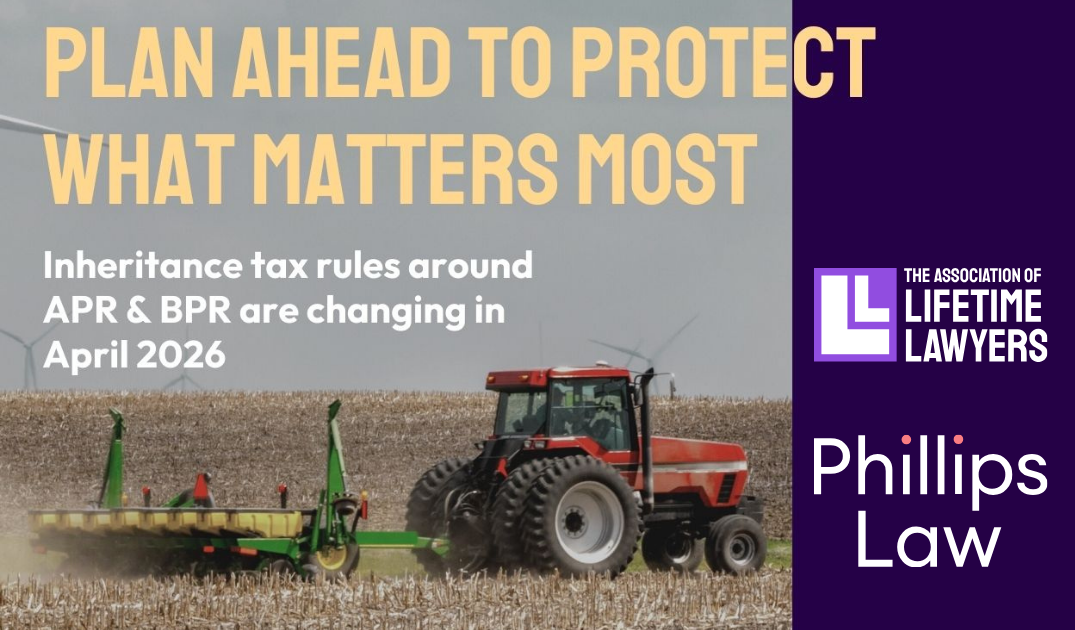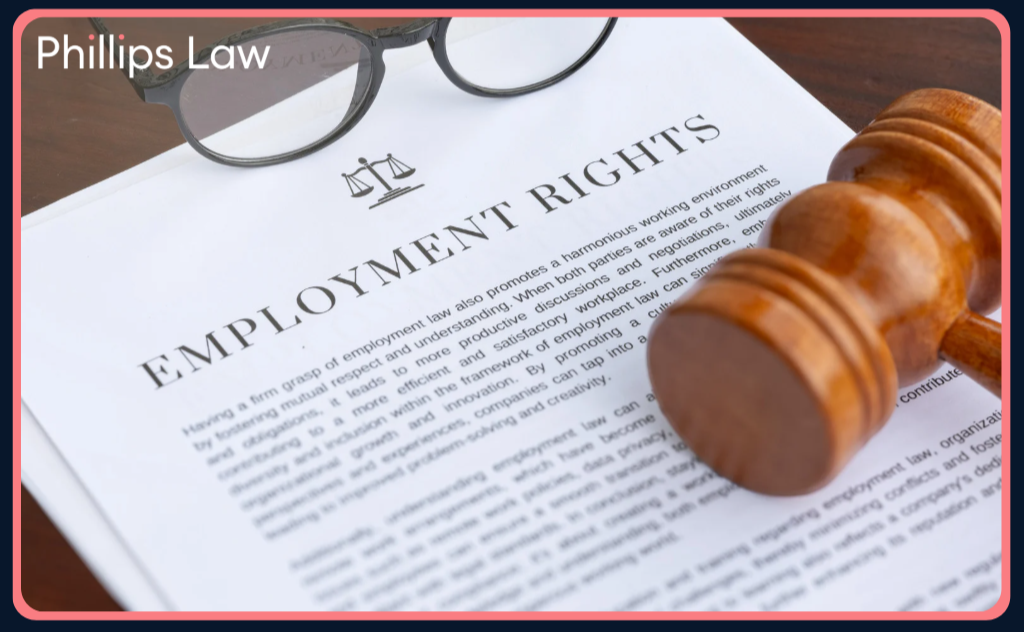
5 November 2018
Since April 2017, employers with 250 or more employees have had to report annually on the gender pay gap (“GPG”) within their organisation. The GPG is the difference in the average hourly wage of all men and women across a workforce. If women do more less well paid jobs within an organisation than men, the GPG is usually larger. GPG is not the same as unequal pay which is paying men and women differently for performing the same (or similar) work and is unlawful.
In April, global companies, such as Ryanair (72%) and JP Morgan (54%)[1], made headlines when they announced large gender pay gaps between what male and female employees are paid. The Government Equalities Office has now published a summary of the findings for the reporting year of 2017/18 which resulted in over 10,500 employers from both the private and public sector submitting reports.
The good news coming out of the report was that by 1 August 2018, all employers had complied with the obligation to provide a report. Unfortunately, the rest was not quite so good:
- the overall GPG for all employees was still high at 18.4%;
- 57% of employers have more women than men among their lowest paid employees and only 33% have more women than men among their highest paid employees; and
- only 48% of in-scope employers had published an action plan outlining how they intend to tackle their GPG.
Whilst GPG reporting only applies to employers with more than 250 employers, it is something which all business should be thinking about and working out the best way to reduce it. Jack Gardener of Phillips Solicitors urges all his clients to think about ways to reduce the GPG, he says:
“All employers, whatever their size, have a responsibility to try to reduce the gender pay gap within their businesses. To do this, we recommend that employers consider their gender pay gap and then work out what steps can be taken to reduce any adverse gender pay gap. There is no real reason as to why there is still a big difference between the average earnings of men and women and those employers which do reduce the gap will find themselves with a happier and more equal workforce.
If that wasn’t a good enough reason, then companies with more than 50 employees should be aware that they may soon have a duty to report. The House of Common’s business, energy and industrial strategy committee have recommended that all companies with more than 50 employees should have to report their gender pay gap from 2020 as the current rules only apply to about 50% of the workforce in the UK, so it is best to get your house in order now.”
If you have any questions on gender pay gap or any other employment related aspects, then the team at Phillips Solicitors, led by Gill Grown and Jack Gardener, are here to help.
You can contact them by emailing [email protected] and [email protected] or by calling 01256 854631.
[1] Source: The Guardian article: the UK companies reporting the biggest gender pay gaps dated 5 April 2018
Contact Us
Please call us or email and we’ll get back to you as soon as possible.

We are delighted to announce that Phillips Law is the regional sponsor of the Knight Frank Schools Triathlon, supporting both the Charterhouse and Marlborough events. The Schools Triath ...
More
What farming families and business owners need to know If you own a farm, land, or a family business, you will have undoubtedly heard that inheritance tax (IHT) rules are changing. Whil ...
More
We are about to see a great wave of Employment Law changes following the Employment Rights Act 2025 becoming law in December. We will use these updates to keep you abreast of the change ...
More
As we look back on a busy and notable January at Phillips Law, we wanted to share a round-up of recent milestones, insights, and community moments from across the firm. Phillips Law cel ...
More
A guide to share incentivisation for employers and an update on the new employment rights. We have created a morning of practical insight that focuses on how you can reward and retain y ...
More
We are proud to announce Victoria’s Promise as Phillips Law’s Charity of the Year for 2026. Victoria’s Promise is a local charity providing dedicated support to young women aged 25 to 5 ...
More